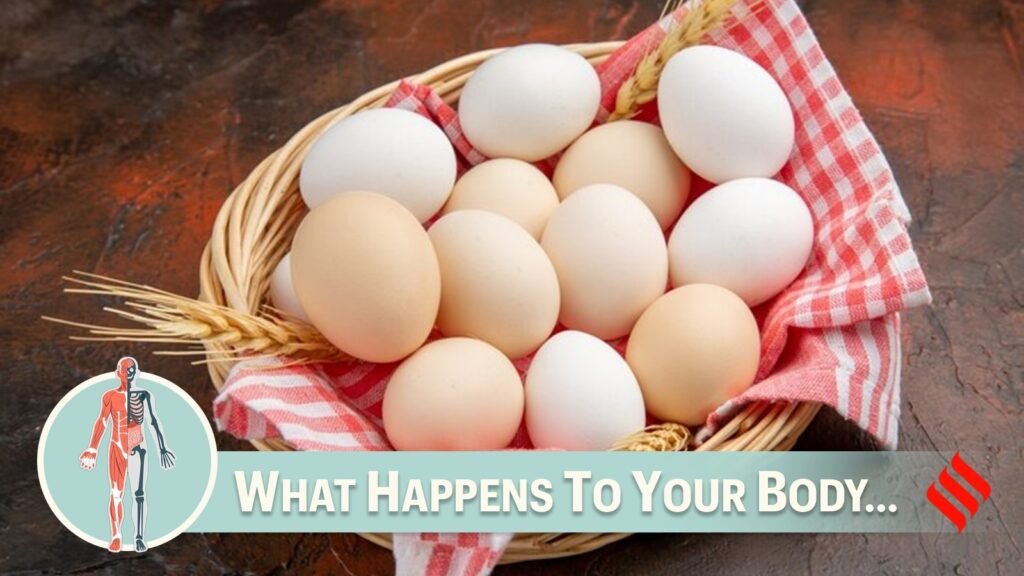Eggs are one of the cheapest and most affordable forms of protein for non-vegetarians — rich in vitamins, minerals, and fats that are highly beneficial for health. According to Pratiksha Kadam, Chief Dietitian at Kokilaben Dhirubhai Ambani Hospital, eggs contain all nine essential amino acids required for building and repairing muscles.
Excellent sources of vitamins B12, choline, which enhance brain power, and lutein, beneficial for the eyes, eggs provide a feeling of satiety that lasts longer and suppresses hunger cravings. They are suitable for maintaining heart health and can also aid in weight loss. But how many is too many, and what is the ideal amount to have in a day?
Umang Malhotra, clinical dietitian at Fitelo, told indianexpress.com that eggs are one of the most widely consumed and debated health foods in the world. “One large egg provides about 6–7 grams of high-quality protein with an Amino Acid Score of 1.0, which is the highest possible, at par with dairy and meat,” he said. He added that the albumin (egg white) contains the bulk of the protein, primarily ovalbumin, while the yolk provides lecithin, fats, vitamins A, D, E, and B12, as well as choline, vital for cellular and nerve function.
 Eggs are rich in protein and vitamins (Source: Freepik)
Eggs are rich in protein and vitamins (Source: Freepik)
Are three eggs a day enough?
When you ask if three eggs are enough, simple math indicates 18-21 grams of protein a day. “Protein plays a pivotal role in metabolic function, and having less than 30 grams might not provide enough energy for optimum performance and recovery post-exercise or after sleep,” said Kadam, adding that it is best to add at least 40- 50 g of protein to one’s breakfast.
In short, three eggs are a little short of enough if they are your only source of protein throughout the day. “If other food groups are avoided, depending only on them may create a scenario of nutrient deficiency,” said Kadam.
In fact, she shared that eating too many eggs daily can be harmful to health, specifically in terms of increasing cholesterol levels and heart problems, although eggs are very nutritious. Thus, incorporating other sources of protein and having a balanced intake of fiber and carbohydrates is equally essential for optimum health.
What happens if you go overboard?
“One egg has around 186 mg of cholesterol. Eating more than the recommended intake will have detrimental effects on heart health, particularly for those who already suffer from heart problems. Eggs, if deep fried in butter or oil, also contribute to even more LDL (bad) cholesterol. Not to mention, excess protein intake can be damaging to the kidneys,” said Kadam, further mentioning that some might experience bloating, or other symptoms of digestive indigestion.
Story continues below this ad
Both experts emphasised that it is essential to consult an expert regarding your ideal protein intake for breakfast and throughout the rest of the day.
DISCLAIMER: This article is based on information from the public domain and/or the experts we spoke to. Always consult your health practitioner before starting any routine.

